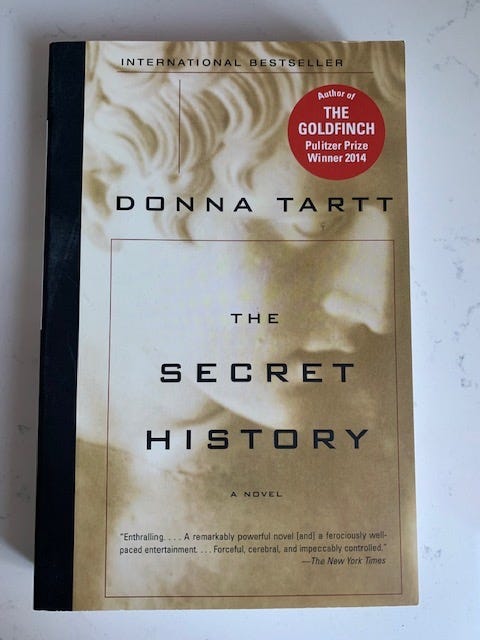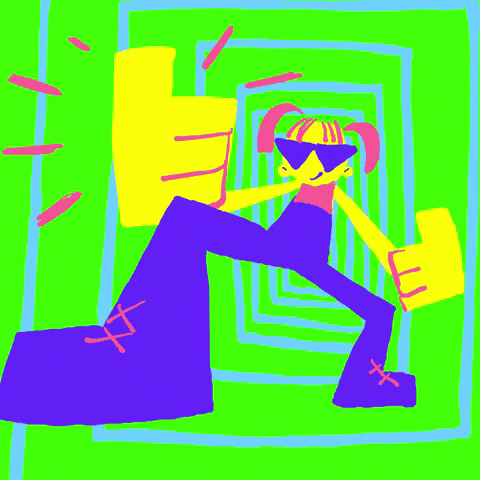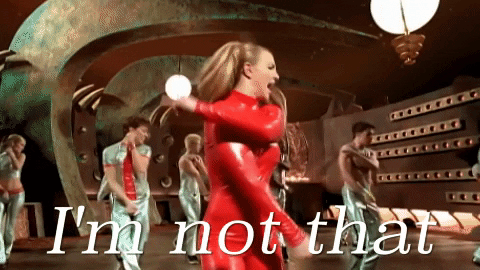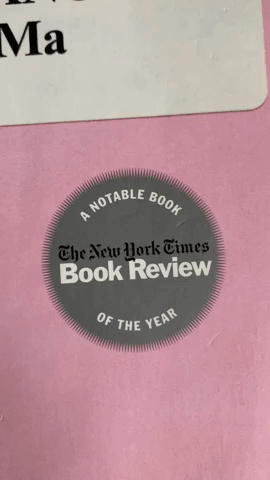'The Secret History' by Donna Tartt
'Could I trust any of them, really, when it came right down to it?'—Review #177
This review is the result of a Bookstagram-influencer conspiracy, I’m sure of it. Seemingly out of the blue a few months ago, I saw Donna Tartt’s ‘A Secret History’ popping up all over the platform. Everyone seemed to be reading it (perhaps inspired by the podcast mentioned below), or at least taking pictures of it. There was the 1992 novel held up next to some young person’s face. There it was again artfully placed in a stack of books, or next to a cup of coffee, or next to a cat, or a plant, or socked feet. And then, suddenly, I wanted to read it. But I do not simply go to a bookstore and buy a book the moment inspiration, or social-media pressure, strikes. No! Every book is a quest! Each must be found in the right store, in the appropriate city, in the correct edition. Before Omicron, I took a weekend trip to Boston, where I went to college, and figured, yes, this is the place where I will acquire this book.
Here’s the cover:

In the novel’s first sentence, we learn someone named Bunny was murdered, and the narrator is in on it. That narrator, Richard, is looking back on the killing which occurred while he attended Hampden College in Vermont. Richard is originally from California, but he moves to New England to escape an unhappy upbringing and to make a fresh start. A stranger in a strange land, he struggles to fit in until he encounters a tight band of outsiders—Henry, Francis, Camilla and Charles (who are twins), and ‘Bunny’ (real name: Edmund)—whom he overhears in the dining hall or library, I can’t remember exactly, puzzling over some Classics homework. Richard had some prior experience in the field, so he helps them decipher a tricky translation, and in doing so, he learns they are the sole members of Hampden’s exclusive and obscure Ancient Greek program. He applies to transfer into the program, which requires the approval of a charismatic and mysterious professor named Julian who takes over nearly all of their academic instruction. As Richard gets drawn deeper into their orbit, and further isolated from the college’s mainstream of keg parties and all-nighters, he learns his new friends have more going on than an interest in translating esoterica in a dead language. Each of them has a dark secret, involving sex, sexuality, wealth, death, lawbreaking and excessive drinking, among other things, and they collectively share a secret about a bacchanal gone horribly wrong. As Richard slowly uncovers the sinister facts about his friends, he learns about himself, too. He realizes he has been keeping secrets from the group in order to fit in and be accepted by them, and he learns that murder doesn’t bother him as much as it should. So he’s like:
As the book progresses, we learn why Bunny, a loudmouth and often-drunk son of Connecticut country-club types, was marked for death. We also see the group wrestle with their feelings of guilt, or lack thereof, and with the tortuous explanations they give to folks poking into Bunny’s death, from classmates to the FBI. Although I wasn’t rooting for Richard or any of the other characters, because they’re all pretty terrible and flawed people, I was deeply invested in their journey. Would they get found out? Would they snitch on each other? Would there be additional murders? It made for tense reading, and I was often like:
I really enjoyed ‘The Secret History.’ It’s a fascinating exploration of how we struggle to fit in as we come of age, and the lengths to which we will go, and crimes we will potentially put up with, to be accepted by peers. It also probes the intersection of the invincibility of youth and the callousness of privilege. For all their smarts and the prestige attached to their major, the students lack the wisdom to see beyond their immediate inconveniences to the consequences they could face legally or in their souls. I also loved how the book reminded me of my own college experience. There was no murder, of course, but I, too, fell in with a band of misfits with an obscure major: Philosophy. (I loved Tartt’s inclusion of epigraphs from Nietzsche and Plato.) Reading ‘The Secret History’ also solved a mystery for me. About a year ago, a subscriber named Marta wrote to mention that among her favorite literary genres was something called ‘Dark Academia.’ I had never heard of it. But I have since learned that this book is the urtext for the genre, which is something like goth’s nerdy offshoot, merging all-black bookish garb and books. This is totally my vibe. I’m like:
Of course, I now too have posted a picture of ‘The Secret History’ on Instagram. How could I not? It’s a terrific book and worthy of the hype and praise around it. It moves at a brisk pace, kept me on my toes and made me think. If you haven’t read it, you should. I fully recommend it.
How it begins:
The snow in the mountains was melting and Bunny had been dead for several weeks before we came to understand the gravity of our situation. He’d been dead for ten days before they found him, you know. It was one of the biggest manhunts in Vermont history—state troopers, the FBI, even an army helicopter; the college closed, the dye factory in Hampden shut down, people coming from New Hampshire, upstate New York, as far away as Boston.
It is difficult to believe that Henry’s modest plan could have worked so well despite the unforeseen events. We hadn’t intended to hide the body where it couldn’t be found. In fact, we hadn’t hidden it at all but had simply left it where it fell in hopes that some luckless passer-by would stumble over it before anyone noticed he was missing. This was a tale that told itself simply and well: the loose rocks, the body at the bottom of the ravine with a clean break in the neck, and the muddy skidmarks of dug-in heels pointing the way down; a hiking accident, no more, no less, and it might have been left at that, at quiet tears and a small funeral, had it not been for the snow that fell that night; it covered him without a trace, and ten days later, when the thaw finally came, the state troopers and the FBI and the searchers from the town all saw that they had been walking back and forth over his body until the snow above it was packed down like ice.
My rating:

‘The Secret History’ by Donna Tartt was originally published by Alfred A. Knopf in 1992. The Vintage edition was published in 2004. 559 pages. $16.56 at Bookshop.org.
Let’s discuss:
What was your weird college clique?
What’s next:
Before you go:
ICYMI: Review #176
Read this: I was wondering why ‘The Secret History’ never became a movie, and sure enough there’s an explanation. ‘Why Donna Tartt's The Secret History Never Became a Movie’ in Town & Country by book-world eminence Maris Kreizman explains how the fits and starts of a potential film adaptation unfolded over the past three decades. It includes cameos by Joan Didion, Harvey Weinstein and Gwyneth Paltrow.
Read this, too: If you’re like me and didn’t like ‘A Little Life’ by Hanya Yanagihara, check out this piece by Andrea Long Chu in Vulture: ‘Hanya’s Boys: The novelist tends to torture her gay male characters — but only so she can swoop in to save them.’ It’s a fascinating and informative take on the polarizing novel, particularly in light of Parul Sehgal’s recent broadside in The New Yorker, ‘The Case Against the Trauma Plot.’ (Shout out to Carolyn Freeman’s excellent newsletter, The Friday, where I found the Vulture link. Subscribe!)
Hear this, maybe: I would be remiss if I did not mention author Lili Anolik’s podcast ‘Once Upon a Time at Bennington College,’ a ‘tale of money, murder, madness, and—of course—genius’ that explores the time when Donna Tartt, Jonathan Letham and Bret Easton Ellis were all students there. I haven’t started listening to it yet due to being crazy busy, but I plan to. Here’s the trailer for season two:
Thanks for reading, and thanks especially to Donna for editing this newsletter!
Until next time,
MPV













As a Nursing major we were weird in a different way. “How was your day? Crap I got a B on a paper. And yours: My patient coded, but lived” so while I went to college with mostly well adjusted friends, we were a tight click because we were growing up quicker than a lot of other students. Not a complaint, just a fact. I LOVED this book. An academic novel is my wheelhouse. So I completely related to the Greek scholars. Plus I felt this was better written than The Goldfinch. Great review. Enjoyed it after a lousy shift. Thanks!
I want to like Donna Tartt. I really do, but I just don't. I have friends that are obsessed with The Secret History (to the point where we once just wandered around Bennington College) but it just doesn't do anything for me.
I similarly am not a huge A Little Life person and am super interested to see the backlash against it now.
Great review as always!